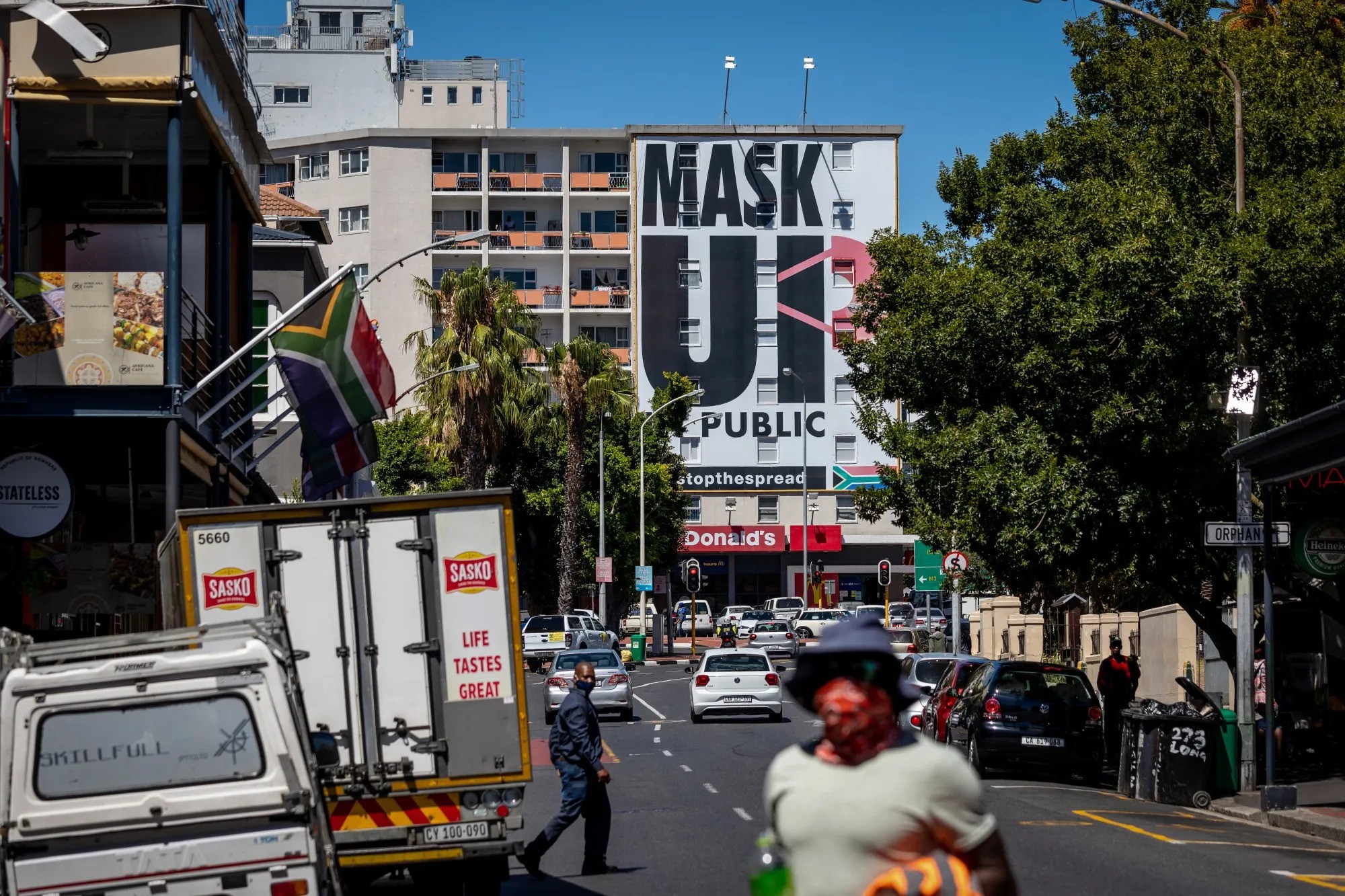The PR industry in South Africa has undergone several changes, particularly with the changing role of PR, as digital innovation and internet connectivity expand in the country. Businesses and PR professionals unfamiliar with the terrain need to understand this evolution and their place within it.
Digitalisation
With high internet and mobile phone penetration rates, digitalisation allows you to reach your audiences directly via their mobile phones with effectively designed PR campaigns. The biggest disruptors of businesses worldwide have also infiltrated the PR industry; its massive influence has compelled PR to evolve its strategies—such as developing a concrete digital plan, engaging with the media, and measuring PR efforts. For example, a shift to digitalisation facilitates access to measurement tools for PR efforts, including clicks, engagement, followers, country of readers, demographics of readers, and tracking how PR directly affects sales. This access to PR measurement tools has enabled numerous companies to comprehend the impact of PR more fully, leading them to seek PR professionals and granting PR professionals a seat at the table.
Artificial Intelligence
According to the 2022–2023 Africa PR and Communications report, most professionals in the industry view artificial intelligence (AI) as the technology that will revolutionise the sector over the next decade. The increased use of social media and the rise of generative AI has led to user-generated content dominating both social media and self-owned digital platforms. This led to an age of misinformation, in which traditional media gatekeepers do not control communication channels; instead, individuals with strong opinions, both micro and major influencers, dominate the field. While AI has increased efficiency in the profession—such as assisting in the writing and content process and audience targeting—it has also resulted in the generation of vast amounts of misleading content, including fake news, disinformation, and deepfakes that are difficult to track, control, and counter for PR firms. Especially in a country with high internet access, PR teams and agencies face significant challenges to address this issue.
As AI content gains traction, PR and media professionals are pressuring AI developers to create products that reflect the continent’s contexts and demographics.
Misinformation
Online misinformation remains one of the biggest challenges for modern businesses and PR professionals, particularly with the increase in user-generated content in the information-sharing space. One of the tasks that PR professionals in South Africa must tackle is assisting their businesses and business customers in distinguishing fact from fiction. PR agencies worth their salt will conduct social media listening, utilise tools to monitor your reputation and determine what people are saying about your brand. They may uncover that people are leaving unfair reviews on your products or disseminating outright misinformation.
Influencer Marketing
Influencer marketing is also quite significant in South Africa, as it helps reach new audiences and build brand loyalty by relaying information from trusted thought leaders. However, in South Africa, there are subtle differences in operational methods. PR professionals recognise that the number of followers is not the sole criterion, especially since creators with over a million followers are abundant and can be cost-prohibitive. Instead, targeting creators based on audience relevance, niche following, and engagement is a more effective approach.
Corporate Social Responsibility (CSR)
CSR messaging has evolved to highlight the role of businesses in society while considering the triple bottom line. CSR efforts in which the brand affiliates itself with social causes, engages locally, and prioritises community involvement are better appreciated, and transparency in CSR communication is essential.
Image©:Dwayne Senior/Bloomberg





